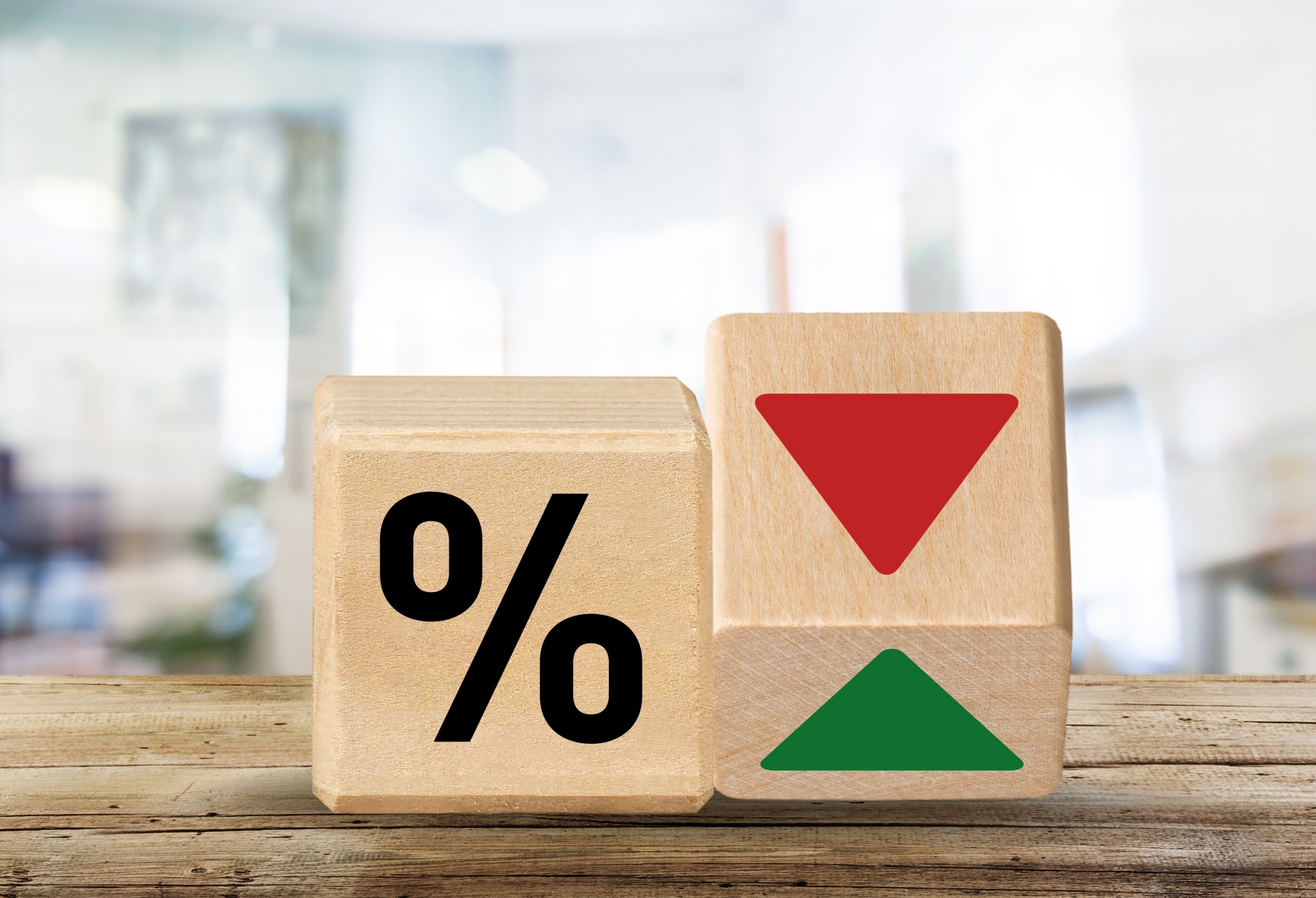Actuary
The benefits of small data thinking in a big data world is examined in this latest blog. The process of verifying data has been central to analytical modelling for decades, but does this approach apply to big data?
Raising finance is important in allowing a business to function. In particular, working capital enables the day-to-day operations of the business. The need for this finance was the main focus for all businesses during the pandemic, especially for the smaller ones.
We look at the challenges and benefits of algorithms used by government on a daily basis. They are used in decision-making processes and these decisions can have an impact on our lives. In this blog we examine how the pandemic has given the government the impetus to test the art of the possible.
In this blog we focus on how actuaries are examining issues and upcoming problems associated with biodiversity loss. GAD actuary Georgi Bedenham looks at the role of actuaries and how they can help.
This month we consider why negative interest rates might be chosen and what might happen as a result. In looking at the lowdown, we also examine the impact of negative interest rates and what these mean for consumers and for the banking industry.
In the event of a disaster, it is vital to act quickly. To maximise humanitarian impact, we need to make the most efficient use of the funds available. In this blog, we examine how understanding the underlying risks can enable humanitarian organisations to do more with less.
We developed our webinar programme to continue connecting effectively with clients throughout the pandemic. Over the year GAD created and hosted 11 webinars. In this blog we look at this enhanced level of engagement, where some of our events attracted around 200 attendees.
The 'Assessing and Communicating Uncertainty' toolkit has been set up to help analysts in providing decision-makers with data in such a way that the inherent uncertainty of given situations is understood. In this blog, we look at how this toolkit can help people who undertake analytical work.
In the week that the nation marked the first anniversary of lockdown, GAD actuary Nazmus Haq reflects on his year working in the Department of Health and Social Care as they looked to identify and protect vulnerable patients thought to be at high risk from coronavirus.
With the rise in focus on environment, social or governance issues, green bonds are become an empowering and image-friendly investment even in these early days. This blog looks at the past, present and future trends (of issuance) of green bonds and the impact of the coronavirus pandemic on green bonds.









